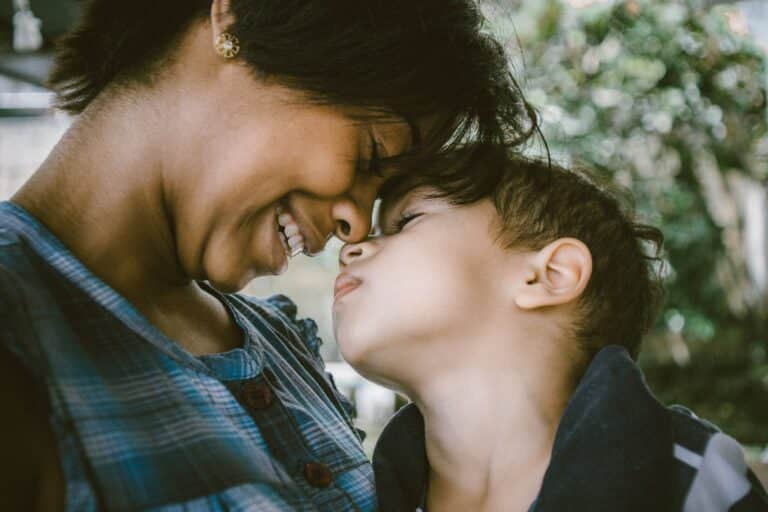Helping children through divorce and separation
How are we going to tell the children? What are we going to tell the children? When are we going to tell the children? Believe me, I wish I had a script I could give you that answered those questions. Helping children through divorce and separation isn’t easy and there are no pain-free solutions. Being strong and calm and rational at a time when emotions are running away from you is a real challenge.
Having been on both sides of that conversation – as both a child and an adult – I do know that in the grand scheme of things there isn’t usually one conversation that makes the difference. Parents often focus on the initial ‘breaking the news’ moment but, in reality, it takes time for news to sink in and questions to rise and helping children through divorce or separation usually involves returning again and again to the same themes and issues and repeating the same messages until a new consistency is gradually established.
My youngest son was only one-year-old when I separated from his Dad and, to be honest, I didn’t really tell him anything as he was just too young. With him, questions around separation didn’t arise for years (when they shot out of the blue). His older brother was three so I did have to sit down with him one day and explain that Daddy wasn’t coming back. And I did have to comfort him when he sobbed and told me how much he wanted his Dad to come home and live with us. And yes, I felt utterly rubbish.
The most important advice I can give is to start from what your children need to hear rather than thinking about what has happened or what you might want to tell them. Helping children through divorce and separation involves putting aside your own issues and feelings and focusing on their needs. Children need to hear some key messages (in whatever age-appropriate language you can muster):
- that the divorce is not their fault
- that both their parents love them
- that they will be able to have an ongoing relationship with both parents
As time goes on and a post-separation pattern emerges, younger children will need the security and stability of a predictable routine – albeit involving two homes rather than one (see Helping children cope with change).
But most importantly, children need to be kept out of their parents’ disputes. Conflict damages children far more than divorce. No matter how you feel about your ex, your children need to feel able to talk about him/her in a loving and positive way. And they also need to feel free to talk about their emotions and what is or isn’t working for them in the new set-up.
If you are in the middle of the separation maelstrom, then it won’t really help for me to tell you that time is a wonderful healer and that things have worked out well for me and my children (though you might be interested in Becoming a single parent: the change curve). Whatever the rights and wrongs of your own break-up story, learning to manage your own hurt in a way that enables you to co-parent successfully will mean digging really deep. And there will bumps along the way – so remember to treat yourself with kindness and forgiveness.
For younger children, you might find it helpful to use storybooks to talk about their feelings. Have a look at these Books about divorce and separation (2-7yrs), Books for helping children cope with change and Books for talking to children about emotions.





